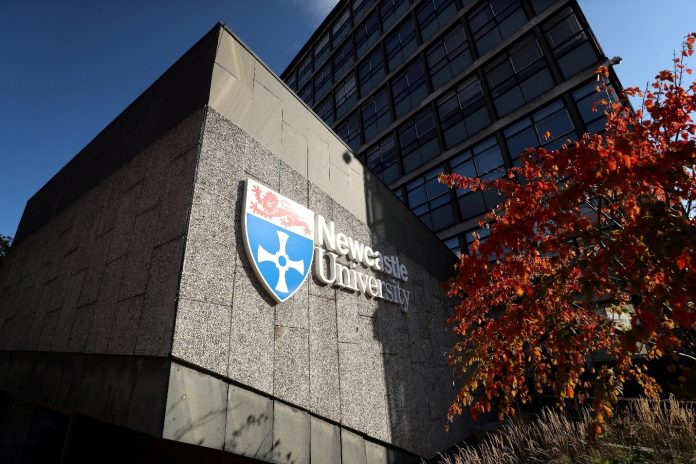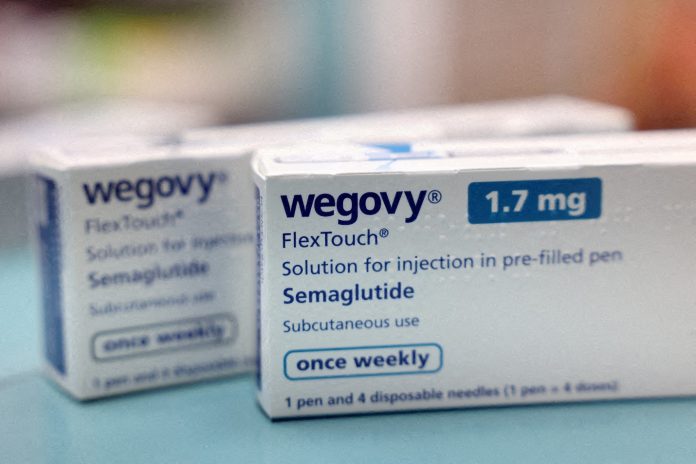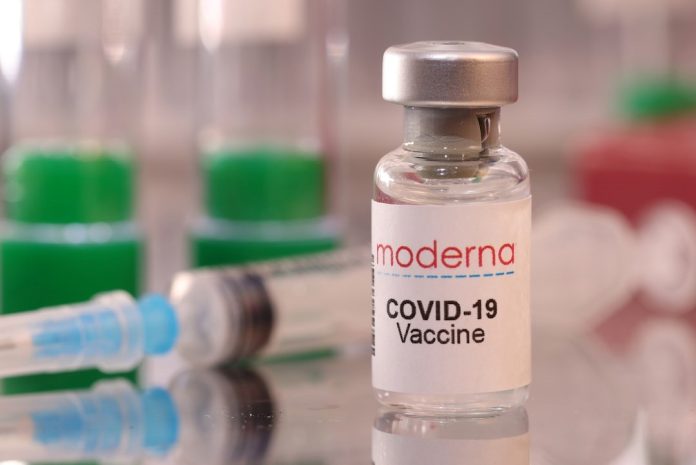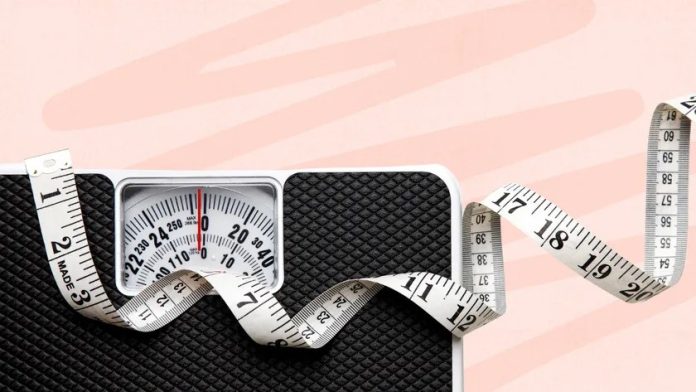Three-person IVF technique spared children from inherited diseases, scientists say
Eight children in the UK have been spared from devastating genetic diseases thanks to a new three-person in vitro fertilization technique, scientists from Newcastle University reported on Wednesday.
The technique, which is banned in the United States, transfers pieces from inside the mother’s fertilized egg – its nucleus, plus the nucleus of the father’s sperm – into a healthy egg provided by an anonymous donor.
Keep up with the latest medical breakthroughs and healthcare trends with the Reuters Health Rounds newsletter. Sign up here.
The procedure prevents the transfer of mutated genes from inside the mother’s mitochondria – the cells’ energy factories – that could cause incurable and potentially fatal disorders.
Mutations in mitochondrial DNA can affect multiple organs, particularly those that require high energy, such as the brain, liver, heart, muscles and kidneys.
One of the eight children is now 2 years old, two are between ages 1 and 2, and five are infants. All were healthy at birth, with blood tests showing no or low levels of mitochondrial gene mutations, the scientists reported in the New England Journal of Medicine, opens new tab. All have made normal developmental progress, they said.
The results “are the culmination of decades of work,” not just on the scientific/technical challenges but also in ethical inquiry, public and patient engagement, law-making, drafting and execution of regulations, and establishing a system for monitoring and caring for the mothers and infants, reproductive medicine specialist Dr. Andy Greenfield of the University of Oxford, who was not involved in the research, said in a statement.
The researchers’ “treasure trove of data” is likely to be the starting point of new avenues of investigation, Greenfield said.
Often during IVF screening procedures, doctors can identify some low-risk eggs with very few mitochondrial gene mutations that are suitable for implantation.
But sometimes all of the eggs’ mitochondrial DNA carries mutations. In those cases, using the new technique, the UK doctors first fertilize the mother’s egg with the father’s sperm. Then they remove the fertilized egg’s “pronuclei” – that is, the nuclei of the egg and the sperm, which carry the DNA instructions from both parents for the baby’s development, survival and reproduction.
Next, they transfer the egg and sperm nuclei into a donated fertilized egg that has had its pronuclei removed.
The donor egg will now begin to divide and develop with its healthy mitochondria and the nuclear DNA from the mother’s egg and the father’s sperm.
This process, detailed in a second paper in the journal, opens new tab, “essentially replaces the faulty mitochondrial DNA (mtDNA) with healthy mtDNA from the donor,” senior researcher Mary Herbert, professor of reproductive biology at Newcastle, said at a press briefing.
Blood levels of mtDNA mutations were 95% to 100% lower in six newborns, and 77% to 88% lower in two others, compared to levels of the same variants in their mothers, the researchers reported in a second paper.
“These data indicate that pronuclear transfer was effective in reducing transmission of mtDNA disease,” they said.
The procedure was tested in 22 women whose babies were likely to inherit such genes. In addition to the eight women who delivered the children described in this report, another one of the 22 is currently pregnant.
Seven of the eight pregnancies were uneventful; in one case, a pregnant woman had blood tests showing high lipid levels.
There have been no miscarriages.
The authors of the current reports have also tried transplanting the nucleus of a mother’s unfertilized egg into a donor egg and then fertilizing the donor egg afterward, but they believe their new approach may more reliably prevent transmission of the genetic disorders.
In 2015, the UK became the first country in the world to legalize research into mitochondrial donation treatment in humans.
That same year in the United States, pronuclear transfer was effectively banned for human use by a congressional appropriations bill that prohibited the Food and Drug Administration from using funds to consider the use of “heritable genetic modification”.











